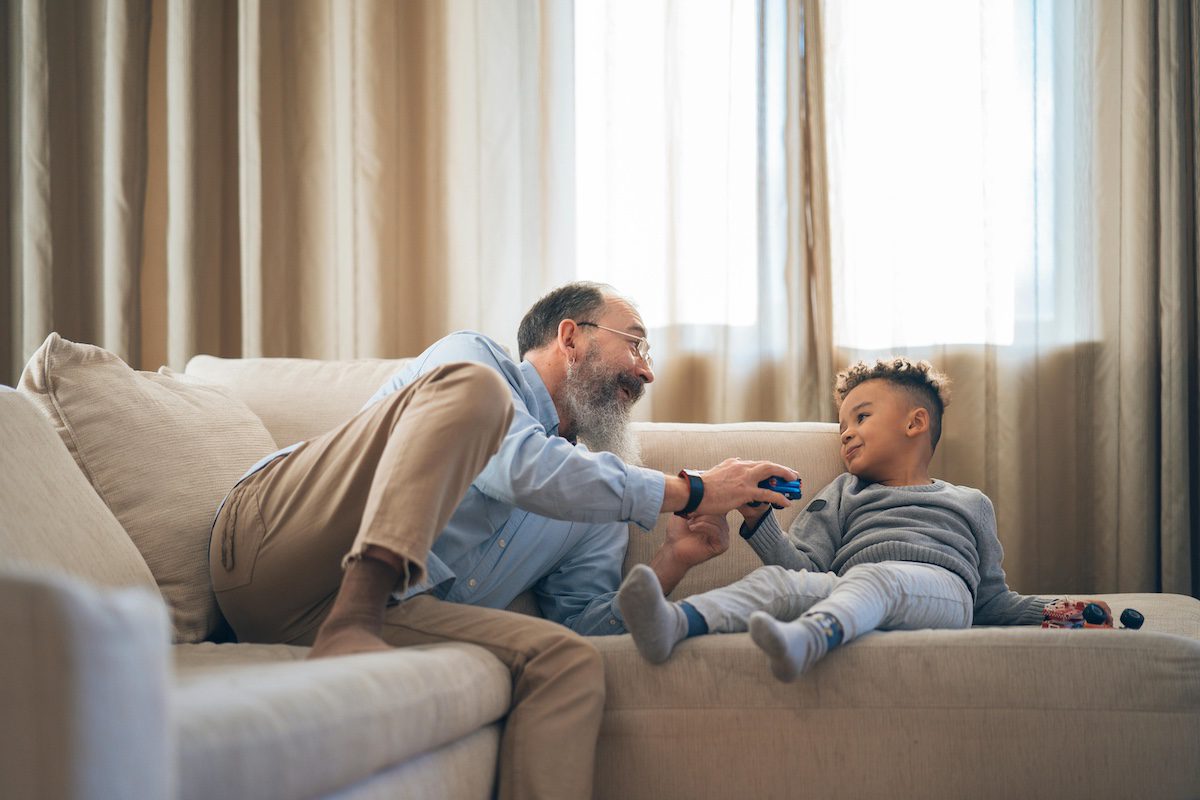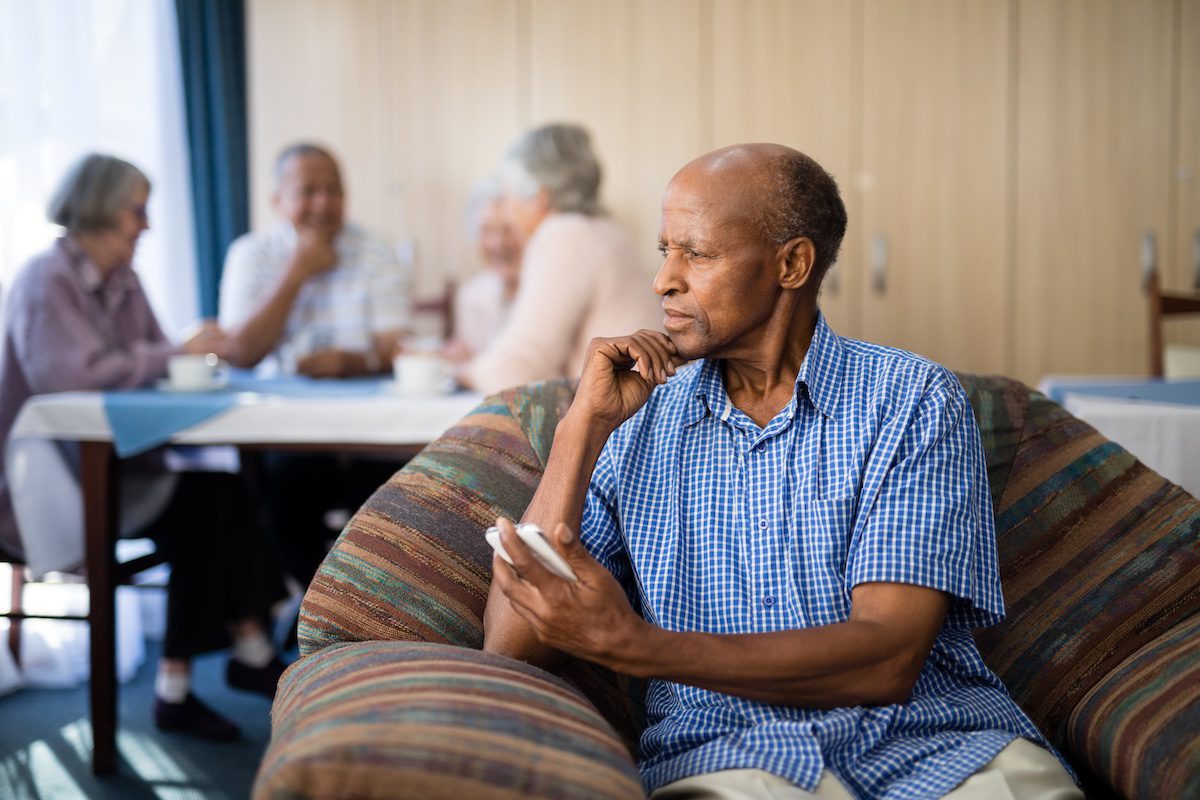The catchy tune that always gets stuck in your head. The song that makes you want to dance—or at least tap your foot to the beat. The medley of notes and lyrics that transport you back to a special moment in time. Music is powerful.
For people who are terminally ill or dying, music can be a source of joy, relief and decreased anxiety. Music therapy helps hospice patients process their emotions and get more out of their final days.
In fact, a 2018 study from Brown University found that patients receiving palliative or hospice care reported less pain, anxiety, nausea and feelings of depression after listening to music.
Seasons Hospice in Springfield, MO offers music therapy to its patients. Keep reading to learn more about the benefits of music therapy for seniors and hospice patients.
1. Music Therapy Helps Patients Process Emotions
Music is an outlet. It’s a form of artistic expression. Patients can use music to help them cope with their situation and explore emotions like fear, anger and guilt.
One of the benefits of music therapy in palliative care or hospice care is that it can improve a patient’s mood and help reduce stress about dying, leaving family members or managing pain.
From lifting spirits to reconnecting with others, music therapy can help hospice patients address emotions and alleviate depressive feelings. Music can also guide patients and their families through the grieving process and kickstart the journey to healing.
2. Explore Old Memories & Make New Ones Through Music
Some people have a soundtrack of their lives. They have songs that are connected to special moments. They remember singing a hymn as a child in church, dancing to a song with their spouse at their wedding, or singing a certain ballad every time they went out with friends for karaoke.
Music can remind hospice patients of these memories—like a musical life review. It also gives patients the chance to reconnect with family members over shared times or even make new memories from listening to and making music together.
For patients with dementia, music may reduce agitation, bring up long-forgotten memories or help patients communicate. Many dementia patients continue to recognize and engage with songs even in later stages of the disease.
3. Music Therapy Helps Decrease Anxiety
Dying and leaving loved ones can be scary. Hospice patients may be anxious about the future or what happens to them after they die. They may worry about their standing with God, managing pain or how loved ones will get on without them.
All of the fears listed above are valid fears. Music therapy for hospice patients helps calm these anxieties. It’s been shown that music can reduce stress by decreasing the body’s levels of the hormone cortisol.
As patients relax listening to or making music, the melodies they hear and create may lower their blood pressure and heart rate.
4. Music May Help Manage Physical Pain
Can music help with physical pain? The answer may be yes. Some researchers suggest music can release endorphins, which regulate our perception of pain. More endorphins means less perceived pain.
Listening to a favorite song can also release serotonin: the happy hormone. Music may literally boost someone’s spirits and brighten someone’s day. For managing chronic pain, like pain at the end of life, music therapy can help patients focus on positive memories and associations instead of focusing on their symptoms.
Patients who participate in music therapy in palliative or hospice care often report relief from pain. Music therapy is offered in addition to or combination with other forms of pain and symptom management.
Music therapy isn’t just for the elderly. Children and people of all ages can benefit from music therapy, especially if they are diagnosed with a terminal illness.
Looking for a hospice program with music therapy?
Seasons Springfield offers music therapy for our hospice patients. We also provide opportunities for spiritual guidance and pet therapy.
Contact Seasons Springfield today to learn more. Our experienced and loving team can provide the hospice care you or your loved one needs.




